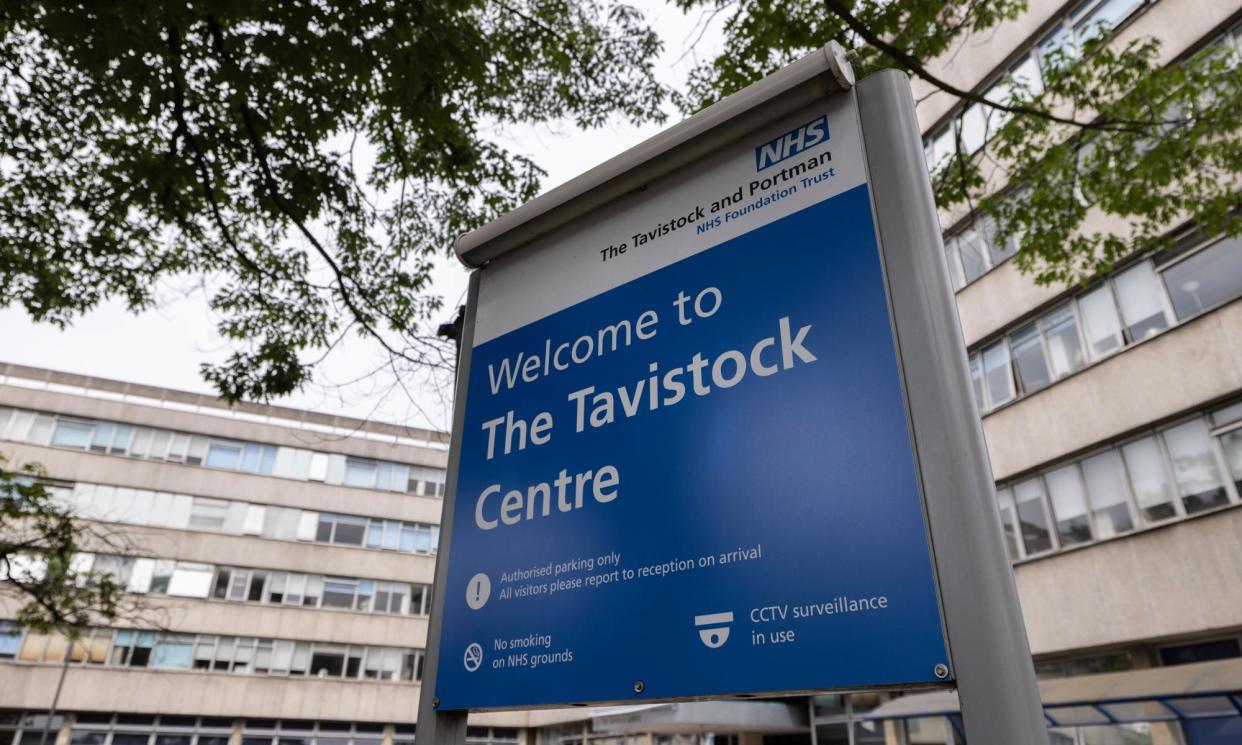Cass review set to confirm shift in NHS care for children with gender dysphoria

A long-awaited review into how the NHS should care for children and adolescents with gender dysphoria will be published on Wednesday.
The findings of the review by the leading consultant paediatrician Hilary Cass will shape NHS England’s new services for children and young people who are questioning their gender identity or experiencing gender incongruence.
The review is expected to confirm a fundamental shift in the treatment offered to gender-questioning children and adolescents, moving away from a medicalised approach and switching to a more holistic treatment pathway that will consider questions of gender in conjunction with other possible issues in the child’s life.
The publication comes after three and a half years of work. Cass’s interim recommendations have already had a significant impact on the evolution of this area of healthcare.
Her interim report published in February 2022 led to the closure of the specialised gender identity development service (Gids) for children and adolescents, previously managed by a single provider – the Tavistock and Portman NHS foundation trust in London.
Cass said the single specialist provider model was “not a safe or viable long-term option” and a “fundamentally different service model” was needed. The services were hard to access, with young people waiting for more than two years for a first appointment; Cass was also critical of the lack of data collection on what happened to children and young people who were prescribed hormones.
Her preliminary findings also led to a decision by NHS England last month to stop prescribing puberty blockers to children, based on a review of available evidence on their safety carried out by the National Institute for Health and Care Excellence.
NHS England said there was “not enough evidence to support the safety or clinical effectiveness of puberty suppressing hormones to make the treatment routinely available at this time”.
Last June, Cass published interim guidance on how NHS England should handle children with gender dysphoria, announcing a multidisciplinary model to ensure that the focus on gender did not obscure other issues in a child’s life. This new approach advised that as well as thinking about gender identity when meeting patients, clinicians should consider adverse experiences, sexual orientation, mental health, and wellbeing at school.
Cass, a former president of the Royal College of Paediatrics and Child Health, was commissioned in September 2020 to conduct an independent, wide-ranging expert review of Gids, to make recommendations on how the NHS could improve its services for children and young people experiencing issues with their gender identity to “ensure that the best model(s) for safe and effective services are commissioned”.
The review came in response to a significant increase in the number of referrals to the Gids, run by the Tavistock and Portman in London and Leeds. In 2011-12 there were just under 250 referrals to the service; in 2021-22 this had risen to over 5,000 referrals.
The increase occurred at a time when the service had moved from a talking therapy model to a service that also prescribed medical interventions in the form of hormone drugs. The review was also focused on understanding why there had been a disproportionate increase in girls experiencing gender dysphoria being referred for specialist attention.
New interim services, led by London’s Great Ormond Street hospital, were rolled out by NHS England from this month. An initial aim had been for clinics to be opened by spring 2023 but this was pushed back due to challenges in hiring and training staff for the services. About 5,000 children and young people are on the waiting list for referral to the new clinics.


